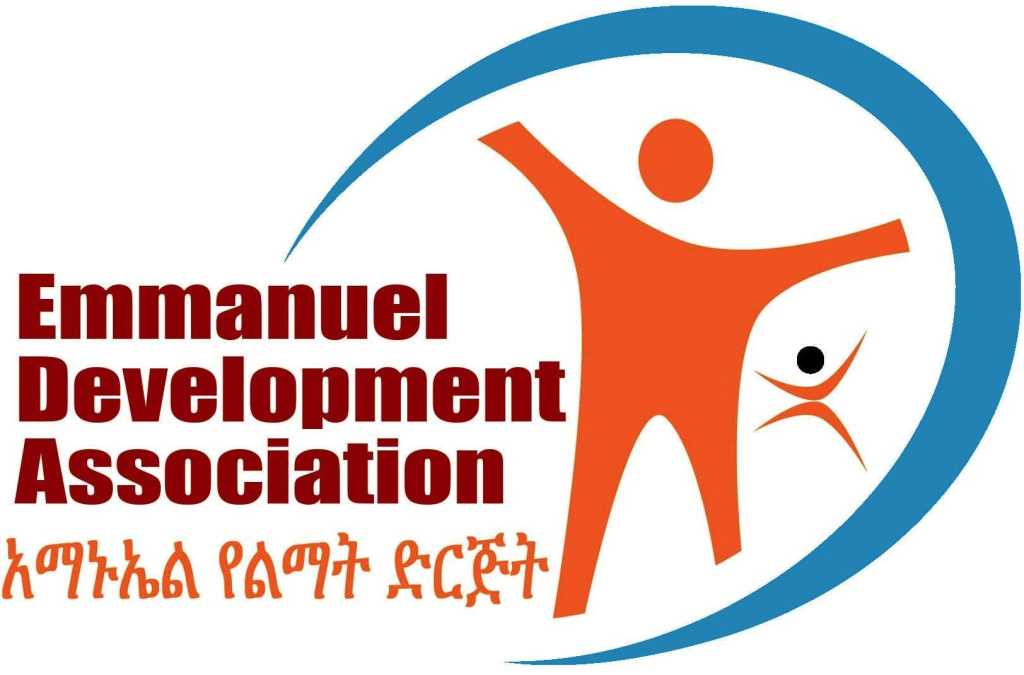The poor and vulnerable across Ethiopia are seriously impacted by the lack of clean drinking water, limited access to toilets and showers, public health services, and improper disposal of human and household waste.
EDA has initiated the Water, Health Sanitation (WaSH) program to address the issues related to water and sanitation. We have worked with schools and communities to provide training and increase awareness of the importance of clean drinking water and waste management. WaSH programs have had a positive affect on the health and wellbeing of more than 12,000 Ethiopian school children and their families.
WaSH projects include:
• The construction of 17 bio-gas powered restaurants, which are fuelled by the bio-gas captured from adjoining public toilets
• The installation of water access points for drinking water and hand washing in 34 schools
• The construction of 100 pit privies in schools, with separate facilities for girls and boys
• Training in hand washing, simple home water treatment and menstrual hygiene in schools
• Installation and management of refuse bins and compost sites
Promoting Primary Healthcare
Why is primary healthcare important?
Key facts, according to the WHO.
• About 930 million people worldwide are at risk of falling into poverty due to out-of-pocket health spending of 10% or more of their household budget.
• Scaling up primary health care (PHC) interventions across low and middle-income countries could save 60 million lives and increase average life expectancy by 3.7 years by 2030.
• Achieving the targets for PHC requires an additional investment of around US$ 200 to US$ 370 billion a year for a more comprehensive package of health services.
• At the UN high-level UHC meeting in 2019, countries committed to strengthening primary health care. WHO recommends that every country allocate or reallocate an additional 1% of GDP to PHC from government and external funding sources (WHO, 2019).
“PHC is a whole-of-society approach to health that aims at ensuring the highest possible level of health and well-being and their equitable distribution by focusing on people’s needs and as early as possible along the continuum from health promotion and disease prevention to treatment, rehabilitation, and palliative care, and as close as feasible to people’s everyday environment.” WHO and UNICEF. A vision for primary health care in the 21st century: Towards UHC and SDGs.
EDA PHC program entails three inter-related and synergistic components, including comprehensive integrated health services that embrace primary care as well as public health goods and functions as central pieces; multi-sectoral policies and actions to address the upstream and wider determinants of health; and engaging and empowering individuals ( children, families, and communities) in its health center for increased social participation and enhanced self-care and self-reliance in health.

Gender Based Violence and Awareness Raising
Awareness-raising is a process that seeks to inform and educate people about a topic or issue with the intention of influencing their attitudes, behaviors, and beliefs towards the achievement of a defined purpose or goal. GBV is a cross-cutting issue in all EDA projects.
1. It can mobilize the power of public opinion in support of an issue and thereby influence the political will of decision-makers.
2. There are multiple awareness-raising strategies, methods, and tools that can be used to convey and spread messages, and to gather the support necessary to influence public opinion.
Depending on the topic, awareness-raising efforts may include the following activities: IEC materials, Radio, TV and other media outlets. issuing press releases, briefings, and commentaries; disseminating reports, studies and publications; making written or oral submissions to local governments and committees; working with the media; holding public meetings and events; convening conferences and workshops; and creating and contributing to educational materials.
3. Information may be disseminated through a range of different means or tools such as radio, television, video, film, the internet, social media, mobile phones, newspapers, newsletters, leaflets, poster campaigns, and the arts. A variety of visual tools such as stickers, logos,
T-shirts, armbands, bracelets, and banners may also be used. According to EDA annual, over 3 million target communities are reached.
Why is it important?

Awareness-raising and dissemination of information to the society that EDA is operating, general public, local government stakeholders, donors community and law enforcement institutions, and like-minded organizations about the SDGs is critical to create an enabling environment for accountability, promote participatory and inclusive processes for follow-up and review, and build ownership of the 2030 Agenda. For example, awareness-raising can be used to promote an understanding of existing access to education, health challenges, child rights, equalities, inclusiveness, and rights in relation to the SDGs as well as opportunities to participate in public consultations on issues related to the community. EDA has a strong passion that Empowerment is necessary in order for citizens to be able to hold their government accountable for their development at all levels. All people – including marginalized and vulnerable groups – should be aware of and understand the commitments their
government has made under the 2030 Agenda and how they can meaningfully engage in SDG implementation and accountability processes. Raising public awareness of the SDGs is also essential to foster the political and social change needed to achieve the ambitious agenda.
